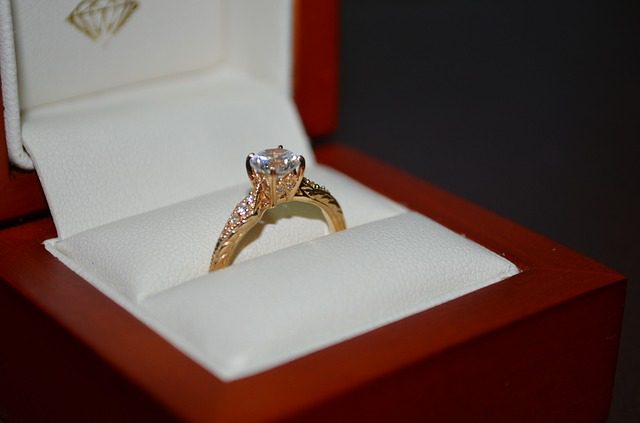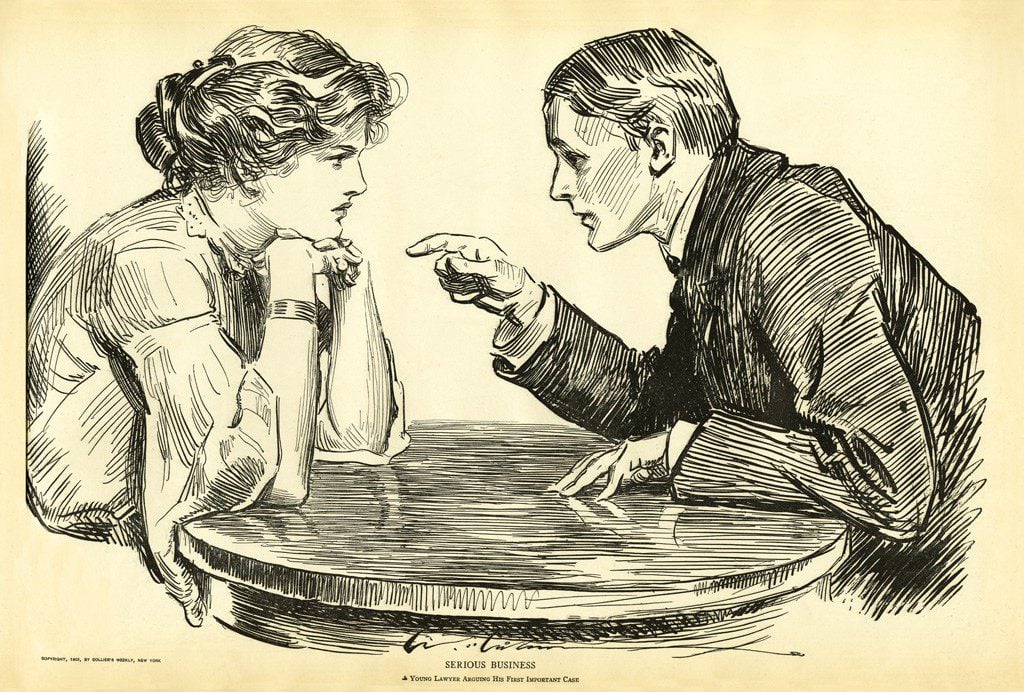This morning, Ann Althouse linked to an article about a couple who, as a form of agri-tourism, had been in the practice of renting use of their farm for wedding. In 2012, a lesbian couple asked to book their wedding there, and (acting, again, as “testers”) recorded the conversation and filed a complaint when they were denied. The state agreed with the couple that this family farm was a public accomodation, and required to provide services to gay/lesbian and heterosexual couples equally, and fined them $13,000 — $10,000 to the state and $3,000 to the couple.
A while back, there was the case of the “Hitchin’ Post” wedding chapel, where it seemed that the owners, who perform weddings as a business, would be required to perform same-sex weddings or shut down. This was actually difficult to find reasonably even-handed information on — the best article seems to be this one, but even here, it’s not clear what happened exactly: is the chapel being exempted because it’s deemed a “non-profit” organization, even though it clearly is the family business of the owners? The ACLU is quoted as saying they wouldn’t pursue the case unless “the chapel were to offer secular services, such as providing flowers or cakes, or holding nonreligious ceremonies” — which seems to indicate that the city and the ACLU decided to hold their fire, rather than recognizing a right to deny same-sex weddings. Indeed, the article says that wedding chapels in Las Vegas are indeed being required to officiate at same-sex weddings “because they do not provide just religious services.”
It would seem that “freelance” wedding providers are equally at risk — though I would guess that the impact on the freelance officiant industry is relatively small, as freelance officiants tend to be fairly liberal (at least, my old friend the “priest” happily performed weddings of any sort according to her now-inactive website, though she never did feature any triads in the pictures of happy couples).
But where is the line drawn? What differentiates a “religious” from a “nonreligious” wedding? Are there a minimum number of prayers or scripture readings? If the traditional “greatest of these is love” is balanced with an Emily Dickinson poem, or if prayers are toned down in an interfaith wedding, has an officient demonstrated the requiste willingness to perform a nonreligious wedding that means they’ve lost their religious exemption?
What of churches which open their doors to non-members? Here’s a link to a local church, which opens its doors to “members (of at least one year) and prospective members” and charges different fee levels for each category: for nonmembers, it’s $640 for the church, $300 for the pastor’s time, and $300 for the organist.
Hmmm. . . sounds like a business to me.
Here’s some info on wedding policies at another local church:
We are planning a wedding. How can we learn about the church arrangements?
We consider it an honor to help in the planning of a wedding. We do ask interested couples to do three things: 1) Meet with the pastor at least three times prior to the rehearsal 2) Take an active role in planning your wedding service so that it is truly your service, not a “pre-packaged” or mechanical experience 3) Be open to the Christian faith, so that you can answer for yourselves the question: “How can our marriage be spiritually strong, grounded in an ongoing relationship with God?”
How do we reserve a wedding date?
Please call Pastor Dan to inquire about available dates. Wedding services are placed on the church calendar when we receive 1) a completed Wedding Date Reservation Sheet and 2) a reservation deposit of $50.
It is not the policy of the church to not look upon weddings as a source of revenue; however, there are costs connected with a wedding which are covered in part by wedding fees. In cases of financial hardship, the fees may be reduced. Please note that the balance, payable to Trinity Church, is due no later than the rehearsal.
Not much detail here, but asking couples to “be open to the Christian faith” sounds like they’re pretty much open to all comers.
Now, some other local churches specifically required church membership, others had no information available online, and one openly stated that they’re good with gay weddings, as long as they pay the required fees, of course.
Now, Catholic Churches are pretty firm that marriage is a sacrament, and are clear that the couple is committing to a set of religious obligations. But Protestant churches? It’s not clear to me that they have firm grounds to fight a discrimination lawsuit.












